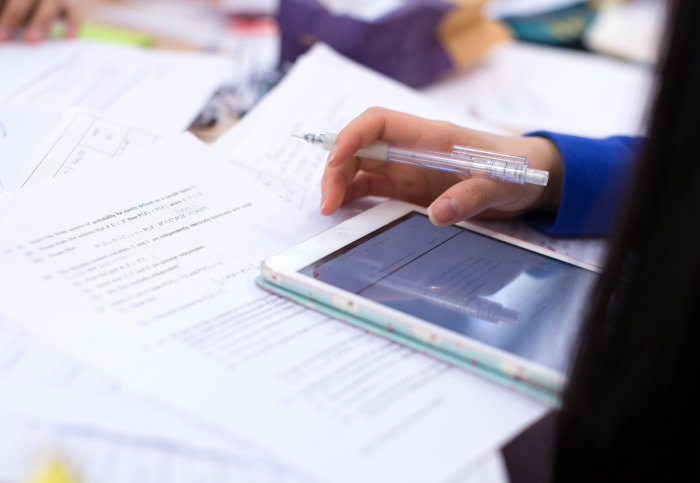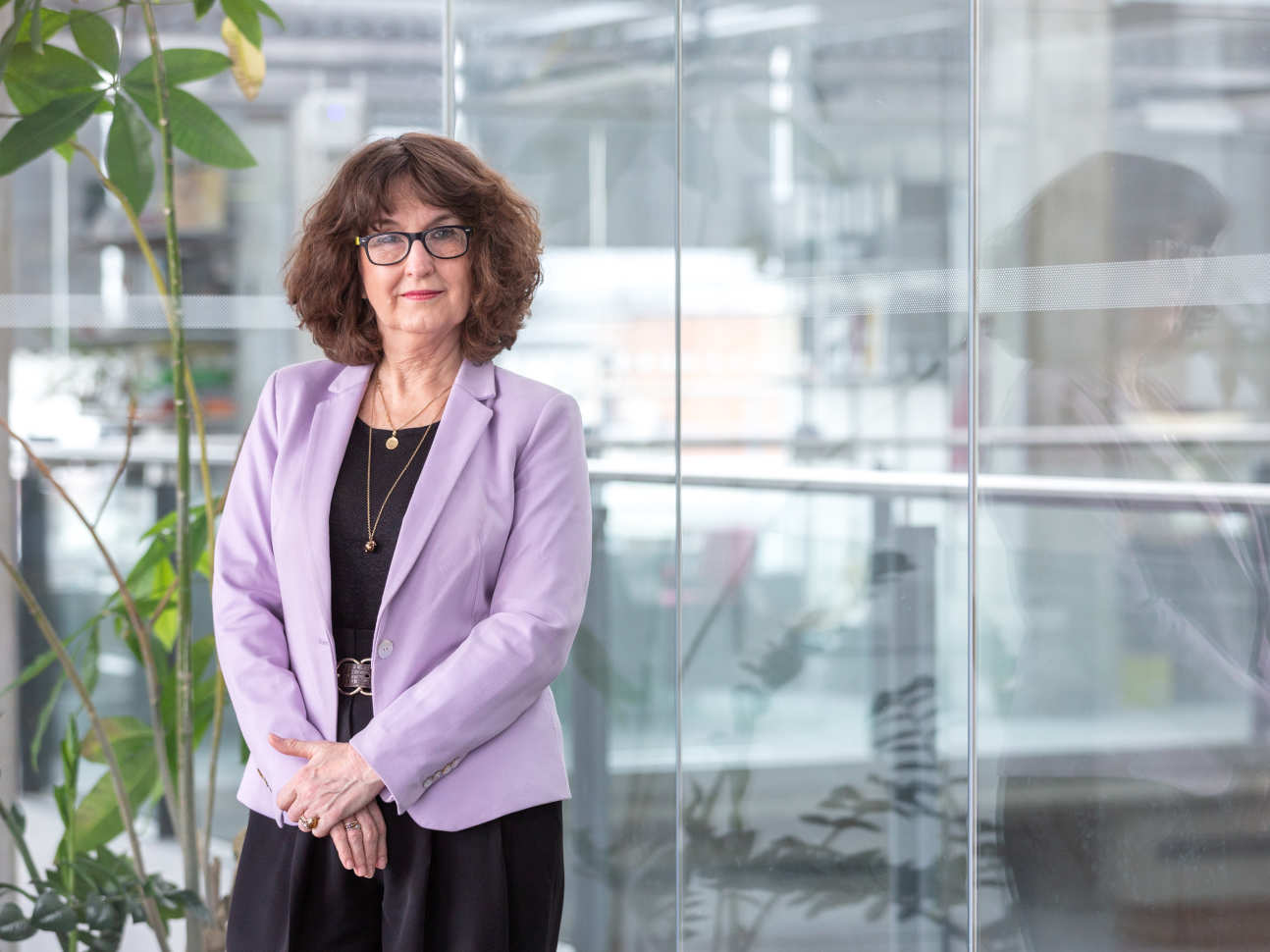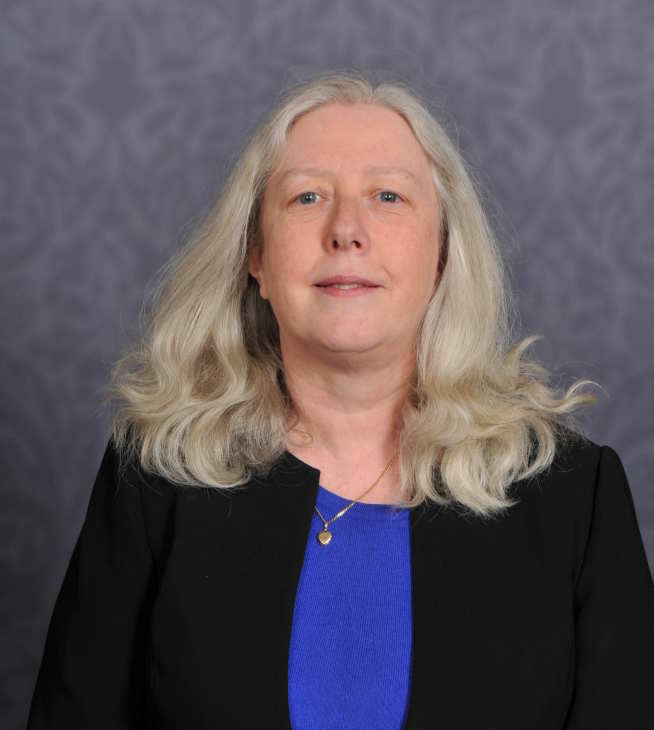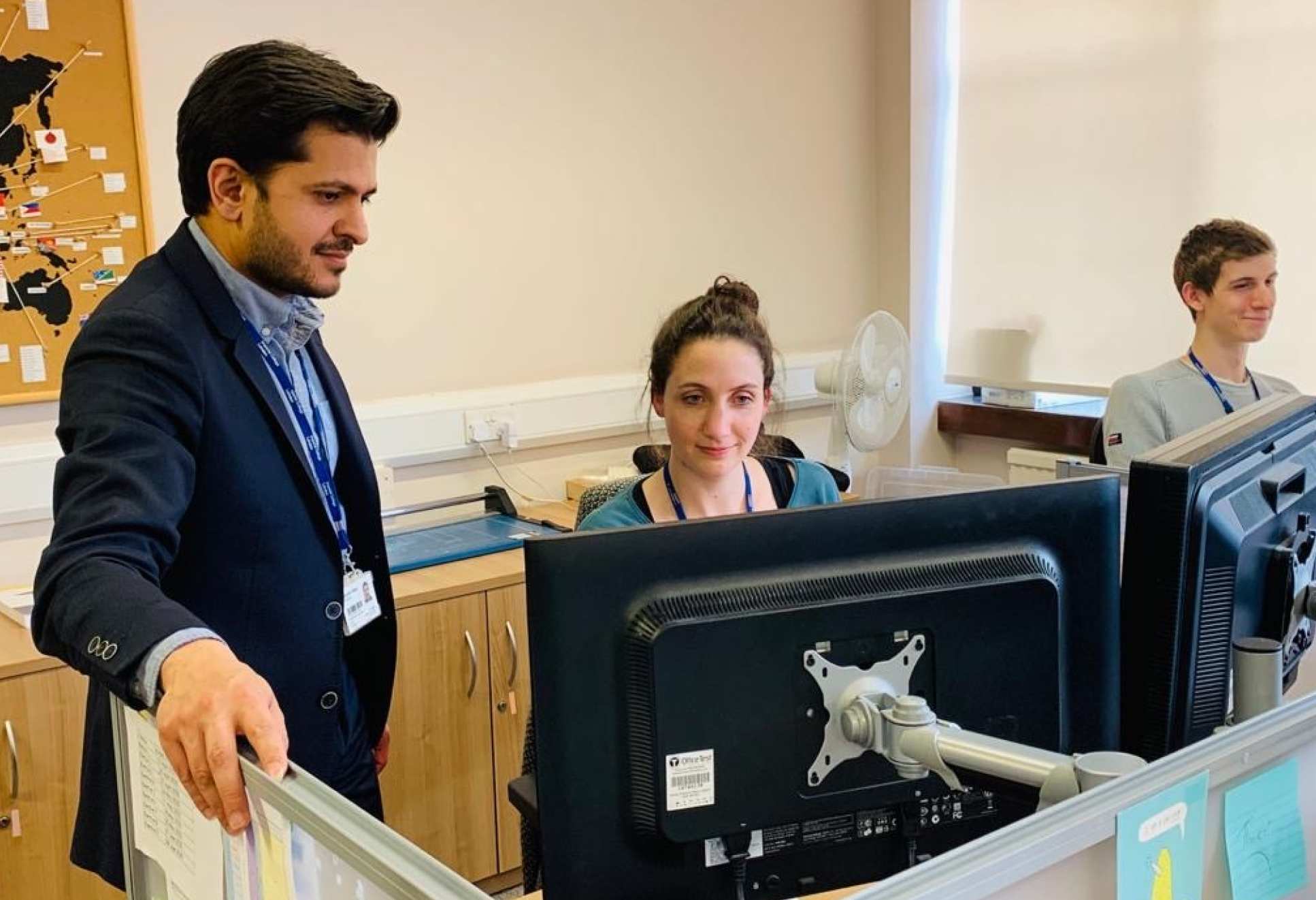COVID-19 response: EdTech expertise strengthening remote learning transition

With face-to-face teaching suspended due to coronavirus, Imperial is using its EdTech (education technology) expertise to keep delivering its mission.
For the first time in its history Imperial College London will be primarily teaching its community off-campus.
For a number of years the College has been investing in digital technology and remote learning expertise. This has particularly been the case since the launch of its Learning & Teaching Strategy in 2017, with the formation of the Digital Learning Hub and the establishment of a number of cross-College projects funded throughout the four individual Faculties at the College.
 Professor Simone Buitendijk, Vice-Provost (Education), said: "It's important at this challenging time to ensure we support our wonderful community. We can all make our own contribution to achieving that by being kind and patient with one another."
Professor Simone Buitendijk, Vice-Provost (Education), said: "It's important at this challenging time to ensure we support our wonderful community. We can all make our own contribution to achieving that by being kind and patient with one another."
"We are well-placed to deliver remote learning, and many will view this mode of delivery as a chance to innovate. I encourage them to continue with that mindset.
"Yet many in our community will be at a different point in their journey toward embracing remote learning. They will also understandably have anxieties unrelated to their work or studies. That must be respected, and their high level of expertise in other areas must be brought to the fore. We are at our best when we work together."
Tried and tested
Education technology has advanced in capability and accessibility a considerable amount in a short number of years.

Imperial has longstanding experts in the field, both from within higher education and from the private sector. Moira Sarsfield, Principal Learning Technologist, has been advising the College's Faculty of Natural Sciences since 2003. Moira said: "Alongside Engineering we've quickly responded to the needs of our staff and students. We have robust, engaging digital technologies available to use right now, and most of our community are already familiar with them."
"We are working with colleagues across college, preparing support materials to help staff deliver teaching and assessment remotely; other colleagues are developing support materials for students."
Our expertise and new approaches
"To the best of our knowledge this is the world's first ever open-book final year medical exam delivered remotely to students." Dr Amir Sam
One of the most urgent issues facing the College's teaching teams since the announcement of remote learning on 13 March was how to conduct assessments for final year MBBS students from the School of Medicine on 17 March.
This extraordinarily tight timescale was embraced by Dr Amir Sam, Head of Undergraduate Medicine, who worked alongside his education technology specialists to solve this challenge.
Dr Sam said: "To the best of our knowledge this is the world's first ever open-book final year medical exam delivered remotely to students.
“It wasn’t possible to answer questions that require putting all this information together by simply looking things up online,” Dr Sam said. “This is exactly like having a patient in front of you.”
“No one has ever been able to run these things before. No university has been brave enough,” he said.
"We'll be closely monitoring how everything has gone and seeing what we can learn for the future. In this challenging moment our community has really risen to the occasion."

Our digital learning heritage
One of the College's very first digital learning and education groups was the EdTech Lab, established at the Business School in 2005. That team has overseen a substantial increase in the use of educational technology at the School, launching a Global Online MBA programme in 2015 and receiving awards along the way including including an Effective Practice Award at the Sloan-C Blended Learning Conference in 2011 and a silver award for Business Education at the 2018 QS Reimagine Education conference. The team also recently made headlines for their innovations around hologram teaching and student praise for their approach to shifting to remote learning.
The Lab and other teams are keen to highlight that 'online learning' does not always mean 'remote learning'. Degrees originally intended to be delivered in-person, and degrees created for an online experience from the outset, are different. Yet it is clear to College experts that both formats can learn from one another. In the world of online learning Imperial is drawing upon its longstanding relationships with leading online education platforms Coursera and EdX.
A small number of College degrees have already been recreated in online-only forms, reaching thousands of learners across the globe. This means Imperial already has expertise in creating learning material for learners that cannot visit campuses. The Digital Learning Hub, established in 2017, has delivered a Global Master of Public Health, MSc Machine Learning & Data Science, and a wide selection of shorter courses in other disciplines focussing on solving global challenges.
Gideon Shimshon, Director of the Digital Learning Hub, said: "This is a fast-paced and unexpected shift from one form of education to another, with longterm effects.
"However, in 2020 there is an ecosystem of schools, colleges, universities, charities and education platforms that understand the trend toward technology-enhanced learning can be highly beneficial to everyone involved. I am confident we will emerge from this moment with a greater appreciation of what teachers and learners need both in the UK and internationally"
Combatting the virus with education
Alongside the work Imperial is doing in the lab with Professor Neil Ferguson's team, the College's public health teams are also sharing their knowledge of the COVID-19 outbreak. A new, free online course explaining the science behind the response to novel coronavirus is now available and is one of the most popular courses on Coursera.
“Science Matters: Let’s talk about COVID-19” features experts from the MRC Centre for Global Infectious Disease Analysis (MRC Centre) and Abdul Latif Jameel Institute for Disease and Emergency Analytics (J-IDEA) who have been working on modelling the epidemic, estimating the epidemic size, transmissibility and severity since the first confirmed cases. This research has been informing people and governments all over the globe.
The course provides updates on the current state of the epidemic while also explaining the epidemiological and public health principles that underpin the work of our scientists, with content being developed in real-time as more information becomes available.
Article text (excluding photos or graphics) © Imperial College London.
Photos and graphics subject to third party copyright used with permission or © Imperial College London.
Reporter
Murray MacKay
Communications Division
